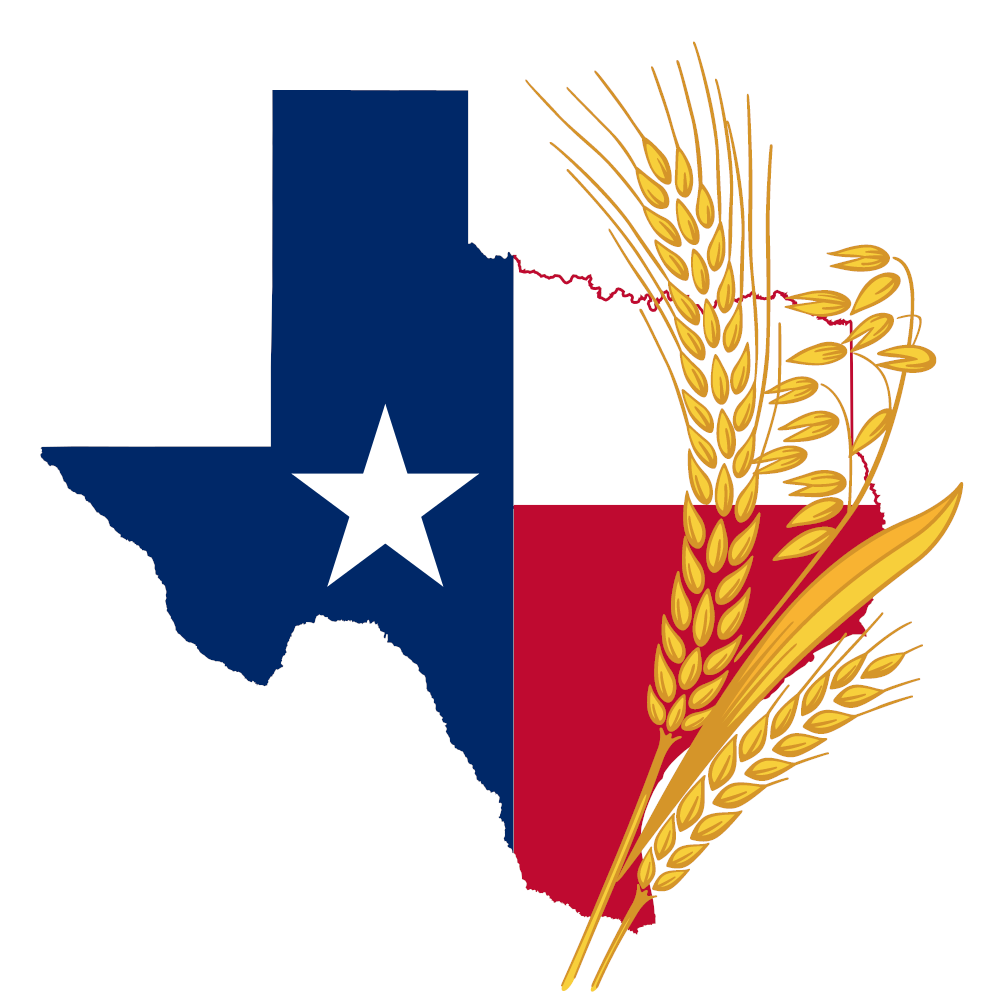When I ran for office, one of the ideas that I would hear all the time was that we should be running government like a business. Now I'd seen a few businesses get going, but what people wanted government to do never seemed to line up with what those successful businesses looked like.
Today our country is going through something we haven't experienced since before the Great Depression. Though not as deadly as the Spanish Flu, COVID-19 has changed all our lives as it has spread to every major metro area and state.
At the same time, we are learning that our healthcare system is not up to snuff. We don't have enough hospital beds. Or ventilators. Or masks. And our economic support system doesn't seem to be working either. While the Fed is doing it's job, the Senate has failed twice at deciding how to help people and initial unemployment claims look horrific.
Is this running government like a business?
What people really meant on the campaign trail
When voters on the campaign trail told me they wanted a more efficient government, I would rattle off wonky ways we could get more bang for our buck. Sometimes that meant cutting waste, fraud and abuse. But more often, I would argue that government was inefficient because it was too small, not too big.
Most people heard: the government can't handle what it's doing now and this young kid wants to raise my taxes? No way!

For many of them, “running government like a business” means “stop spending so much money and let someone else do the job”.
But as far as I can tell, that’s not how actual businesses are built.
How businesses are built

Growing up, my Dad used to tell me about his Dad, Grandpa Karjeker. He left his home in India when he was 18. The village was small and there wasn’t much opportunity there. Eventually, he made his way to Cape Town, South Africa. He began working at other retail stores until he scraped together enough money to start his own grocery business. I think about him every time I walk past (the few remaining) small town grocery stores.
Now, my Grandpa had to be incredibly frugal to start from scratch – especially in Apartheid South Africa. And one of the benefits he had was that, unlike in our country today, he could still get what he needed – rent, labor, supplies – at reasonable prices.
But building the business meant he needed to spend money to make money. That meant stocking the store with products the community wanted and expanding (read: spending more) as he grew successful. It meant trusting other people to man the store, sometimes outside the family, so he could go to the market for what he needed. And yes, it did mean stockpiling cash, but not to sit in the bank, but so he could invest in the business.
Without that store, my Dad wouldn’t have had the better start in life he did. And I wouldn’t have had the better start in life I did.
Really running government like a business
What would it really look like to “run government like a business” in Texas? Well here are a few ideas:
- For starters, why do we even have toll roads? TxDOT gets so much money from our gas taxes and registration fees. We should own our road infrastructure. If you pay for it, it should be yours. That’s “building to own, not to rent.”
- Next, how come we are the largest state in the country to not have expanded Medicaid? At a time when we desperately need more resources for healthcare, especially in rural areas, it’s crazy that we keep sending our federal tax dollars to California. If Arkansas, Louisiana, West Virginia, Idaho, Kentucky and Utah can get access to that money, so can we. That’s “leveraging every bit of cash”.
- Lastly, we should invest in our own people to do government work – not outsiders. That means teachers, nurses, police officers, fire fighters and agency workers. Managing an organization is a challenge, but at least we know they’ll always work for us.
So if we want government to run like a business, let’s actually run it like a business. We’ll all be happier that way.

